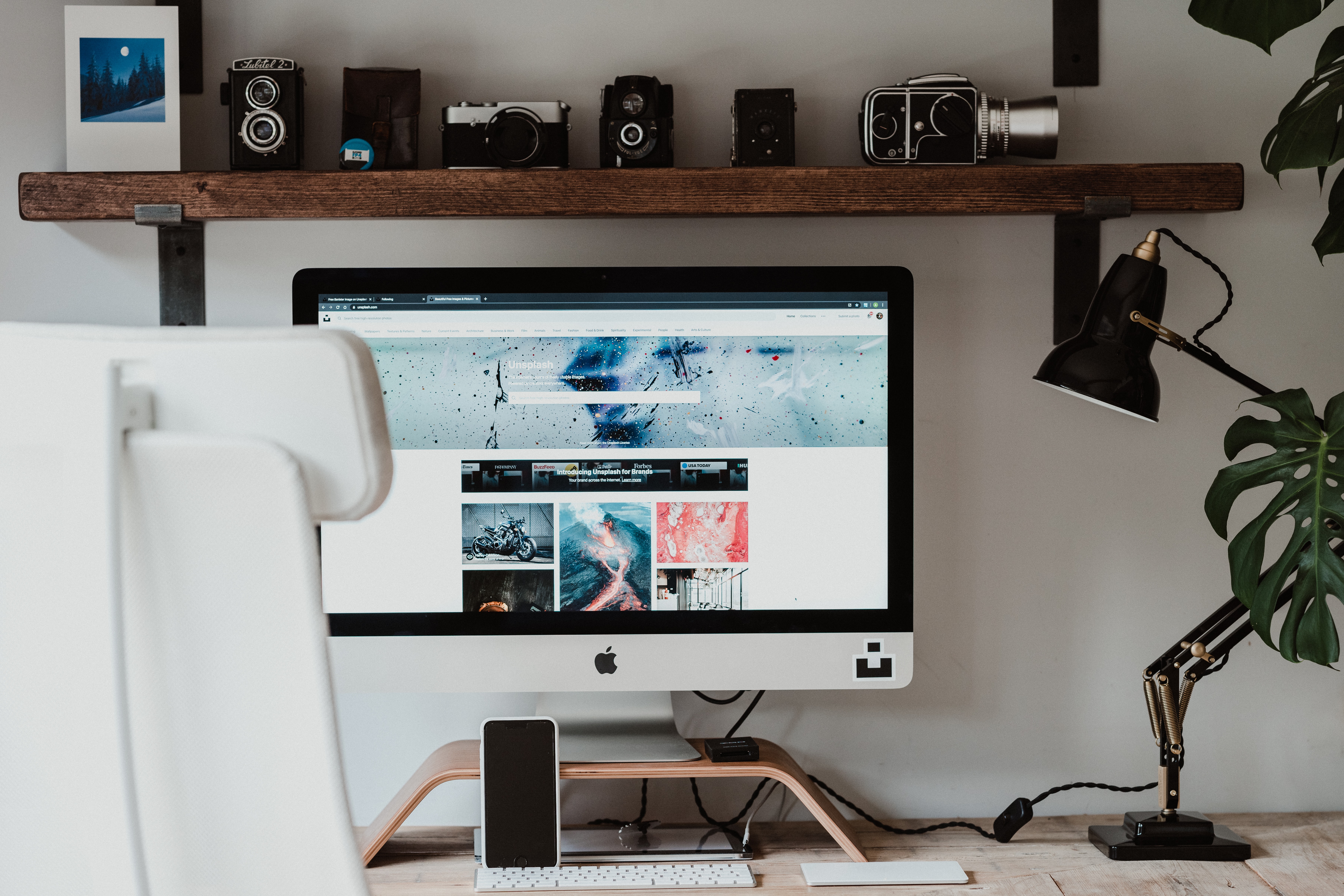
Here are some of the things clients have written to me when they’ve reached the point of desperation in their career situation.
“I feel stuck!!!”
“I am totally lost with what I actually want to do with my life and career.”
“I’ve been stuck for some time in figuring out what I’d like to do in my career.”
“I’m at a major cross roads!!”
It’s common to feel stuck. You don’t want to move forwards with your current career as it no longer feels right. You don’t want to carry on what you’re doing. You’ve lost any joy or interest in what you’re doing.
But – it offers a regular salary, certain security, you’re comfortable, you know what you’re doing. You can just cruise along. It isn’t enough for you, but it’s not exactly scary.
And the unknown, is scary.
A new job, new colleagues, a new set-up, possibly a new industry. A steep learning curve, the possibility that you won’t like it or won’t fit in. It’s all quite daunting.
Add in cvs, applications, cover letters, interviews, it all seems such a lot of work.
So you stay stuck.
You don’t do anything, you dream, you worry, you procrastinate. You lose confidence and you stay small.
I’ve worked with enough clients in this situation to know that although career change can seem daunting and scary, the scariest thing is actually doing nothing. Staying stuck, feeling crap, kicking yourself for not sorting your life out.
The best way to start feeling good again, to feel a bit motivated, a bit energetic, is to start on your career change journey.
It’s like a side project, your little secret – where it’s all about working out what you want, how you want your life to be, and how you can get there. Sorting out your values so that you find a job that actually matches what you want to achieve. Looking not only at what you’ve done in the past, but at what you really want to be doing, and could be doing, in the future.
Career change can actually be fun if you look at it as a discovery project. You can do the research, get inspiration, read about people who enjoy their work. Get ideas about what might interest you. Contact or talk to people within your wider circle of acquaintances, start finding opportunities.
Most importantly, you start DOING. Feel inspired to apply for that job. Be feel brave enough to ask that acquaintance about their work and find out if there are any openings. Say yes to finding out more about an opportunity that has presented itself.
If you need guidance with your career change, I help people come up with their own personal plan of action. We break down where it is they want to get to, and what are the steps to get there. Then we work on each step, starting small. If you’d like my help, you can contact me at LinkedIn or email me at joaopoku@gmail.com.
Photo by Lachlan Donald on Unsplash




